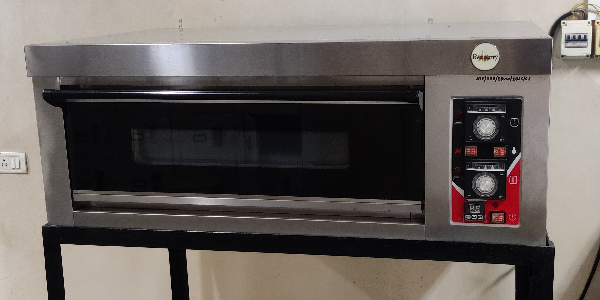Main Content
Laboratories
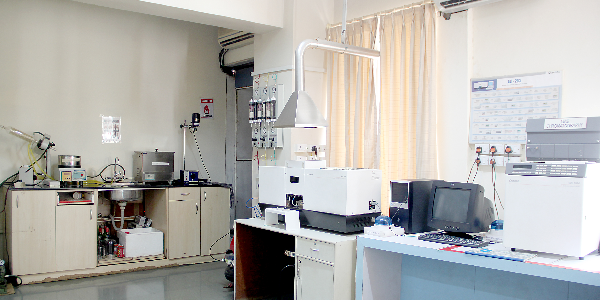
Central Instrumentation Laboratory
The School has established a Central Instrumentation Laboratory to facilitate research as well as routine practical. The laboratory harbors state of the art indigenous and imported analytical instruments likeSorval C90 Ultracentrifuge: used here for the Isolation of subcellular organelles and macromolecules. Waters Gradient High Pressure Liquid Chromatography (HPLC): Used here for analysis of antioxidants and antimicrobial molecules from plant extracts.
Chemito Atomic Absorption Spectrophotometer (AAS): Used here for estimation of heavy metals from water bodies and industrial effluents.
Chemito Gas Chromatography (GC): Used here for quantification of pesticide residues from fruits, vegetables, grains and processed food products.
Super Hit Rotary Vacuum Digital Bath: Used here for concentrating bio active compounds from various plant extracts. Bio-Rad Microplate reader: Used here for cell proliferation studies and immunological assays like ELISA.
UV Visible Spectrophotometer: Used here for various biochemical assays such as quantification of macromolecules.
Bio-Rad Biologic DuoFlow System: Used here to separate and purify protein and other polymers from complex systems
Promega DNA/RNA/Protein Isolation System: Used for DNA/RNA isolation and protein extraction and purification.
Syngene Gel Documentation Unit: Used for documentation and analysis of protein and nucleic acid gels Therrmocycler: Used for the amplification of gene
Other equipment in the central Instrumentation facility include: Microprocessor based Cold Chamber, Deep Freezer(-60o C, -20o C), Laminar Flow, Ultra filtration unit etc.
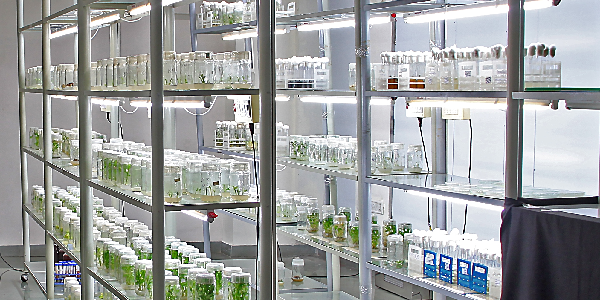
Plant Tissue Culture Laboratory
The design and set-up of the plant tissue culture laboratory meets the recommended standards ensuring efficient functioning and experimentations. The laboratory is well-equipped for aseptic culture of plant cells and tissues and that includes autoclaves, biosafety cabinets, refrigerators, rotary shakers, incubators etc. It houses a media preparation and a sterilization room, an inoculation chamber with two laminar airflow cabinets and a huge growth room with controlled light and temperature conditions. The laboratory caters to the requirement of practical sessions and research work on different areas under plant biotechnology including in vitro conservation, in vitro abiotic stress assessment and amelioration, molecular marker based genetic diversity analysis and fidelity testing, Agrobacterium mediated genetic transformation, metabolic profiling of tissue culture plants and secondary metabolite production in cell cultures. Several biotechnology research projects have been carried out on Ruta graveolens, Zingiber officinale. Spilanthes acmella, Helicteres isora and Abrus precatorius. Tissue cultures of various plant species viz. Nicotiana tabacum, Barleria prionitis, Costus speciosus, Stevia rebaudiana, Arachis hypogea, Bougainvillea spectabilis and Daucus carota are maintained for practical and research purposes. The laboratory is also utilized for tissue culture demonstrations for external college and school students as an extension activity.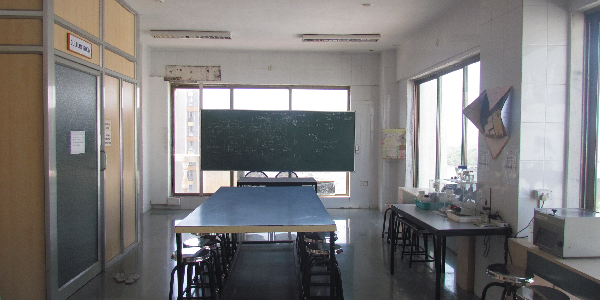
Animal Tissue Culture Laboratory
Animal tissue culture (ATC) lab is a complete setup for routine culture and maintenance of normal and transformed cell lines. The facility conducts studies to assess the cellular toxicity of different compounds and products using assays like MTT, phase contrast microscopy and clonogenic assay. Several self-generated carbon quantum dots, silver nanoparticles and food product based essential oils are tested for their toxicity on normal (non-cancerous) cell lines at different concentration and time points. Conversely, these compounds and products are also investigated for their potential anticancer property using different cancerous cell lines. The lab also has facilities for long term preservation of cell lines and other biological samples in liquid nitrogen (cryopreservation). Zebra fish (Danio rerio), a versatile model organism, is also utilized for assessing cellular toxicity in our laboratory. Routine whole chemical testing involves carrying out fish embryo toxicity test (FET), which is a mandatory component in many food safety guidelines. Using our core competencies in these animal tissue culture models, we have the capabilities to estimate toxicity of any given product with sensitivity and specificity, at differing life stages of developing embryo. We are also in process of establishing new in-vitro model systems to evaluate the toxic nature of natural products that may further serve as the starting point in the development of modern medicines because of their numerous biological and pharmacological activities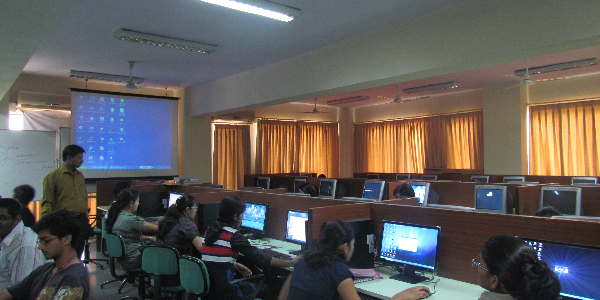
Bioinformatics Lab
Bioinformatics Infrastructure was established at School of Biotechnology and Bioinformatics with large collection of software packages like GROMACS, Desmond(Academic version), NAMD, VMD, CHIMERA, PyMOL, MODELLER, Accelrys Discovery studio, AutoDock, SPSS, MATLAB and R to name a few. We provide students with UBUNTU and Windows operating systems for data mining and their analysis. Conversely, ORACLE is being used for Database base development. The computer lab has more than 130 systems capable of handling protein modelling and docking through 8GB RAM desktops. Protein simulations and Metagenomic analysis are carried out using workstations with 16GB RAM with 2TB HDD (4 in number). The computational infrastructure with Internet connectivity is available to the students from 8:00 am to 7:00 pm on all days (except holidays) throughout the week.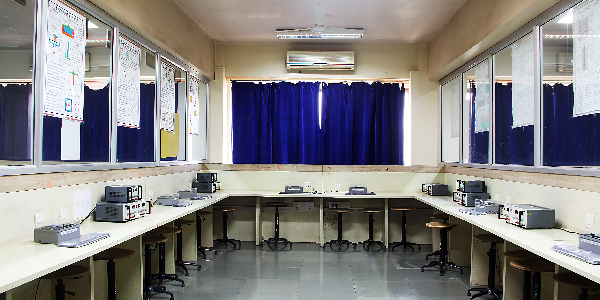
Biomedical Engineering Lab
The Biomedical Engineering laboratory includes facilities for biomedical measurements and recording systems, microprocessor and therapeutic equipment. There are also laboratories for electric and electronic circuits, logic circuits, analog integrated circuits, human anatomy studies, biochemistry and computer programming.